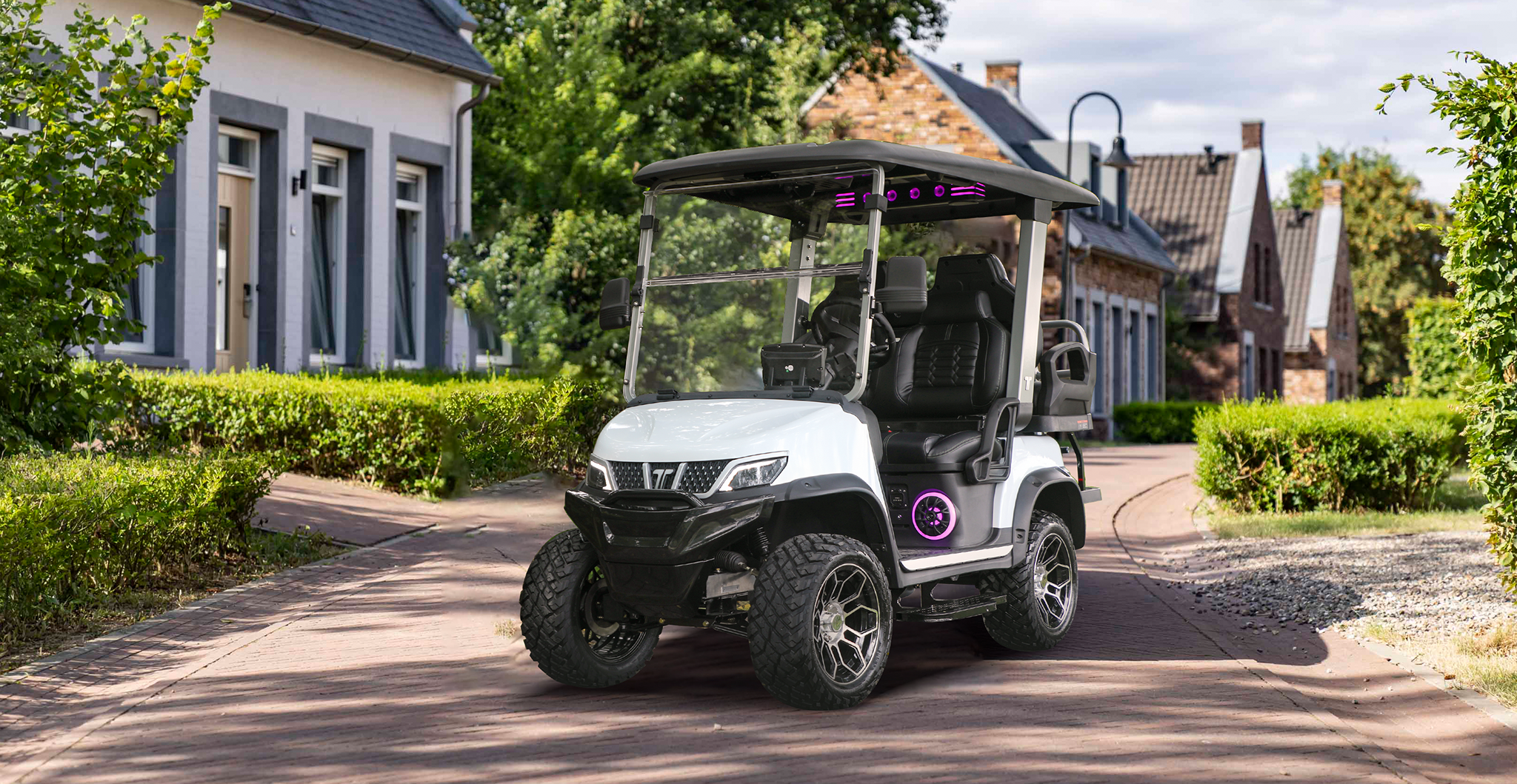The electric golf cart market in Europe is experiencing rapid growth, fueled by a combination of environmental policies, consumer demand for sustainable transport, and an expanding range of applications beyond traditional golf courses. With an estimated CAGR (Compound Annual Growth Rate) of 7.5% from 2023 to 2030, the European electric golf cart industry is well-positioned for continued expansion.

Market Size and Growth Projections
The latest data indicates that Europe's electric golf cart market was valued at around $453 million in 2023 and is projected to grow steadily with a CAGR of approximately 6% to 8% through 2033. This growth is driven by rising adoption in sectors like tourism, urban mobility, and gated communities. For example, countries like Germany, France, and the Netherlands have seen a significant uptake in electric golf carts due to stringent environmental regulations. In Germany alone, over 40% of golf courses are now using golf carts with electric power exclusively, aligning with the country's goal of reducing CO2 emissions by 55% by 2030.
Expanding Applications and Customer Demand
While golf courses traditionally account for a substantial portion of electric golf cart demand, non-golf applications are rapidly increasing. In the European tourism industry, electric golf carts have become popular in eco-friendly resorts and hotels, where they are valued for their low emissions and quiet operation. With European eco-tourism projected to grow at an 8% CAGR through 2030, the demand for electric golf carts in these settings is also expected to rise. Tara Golf Carts, with a product lineup designed for both recreational and professional use, is particularly well-positioned to meet this demand, offering models that prioritize both efficiency and environmental responsibility.
Technological Innovation and Sustainability Goals
European consumers are increasingly focused on sustainability and are willing to invest in premium, eco-friendly products. Over 60% of Europeans express a preference for green products, which aligns with Tara's commitment to sustainable mobility. Tara's latest models use advanced lithium-ion batteries, offering up to 20% more range and faster charging times than traditional lead-acid batteries.
Golf courses and commercial entities are especially interested in electric golf carts due to their eco-friendly profile and low operational costs, which align with regulatory pressure to reduce emissions. Furthermore, technological advancements in battery efficiency and GPS integration have made these carts more attractive for recreational and commercial use.
Regulatory Incentives and Market Impact
Europe's regulatory environment is increasingly supportive of electric golf carts, spurred by initiatives aimed at reducing emissions and promoting sustainable transportation options in leisure and tourism. In countries like Germany and France, municipal governments and environmental agencies are offering grants or tax incentives to resorts, hotels, and recreational facilities that switch to electric golf carts, recognizing these as low-emission alternatives to gas-powered carts. For instance, in France, businesses can qualify for a grant covering up to 15% of their electric golf cart fleet costs when used in designated eco-tourism zones.
In addition to direct incentives, the European Green Deal's broader push for sustainable leisure activities is encouraging golf courses and gated communities to adopt electric carts. Many golf courses are now implementing "green certifications," which require a transition to electric-only vehicles on-site. These certifications help operators reduce their ecological footprint and appeal to environmentally conscious customers, increasing the demand for high-performance, sustainable models.
Post time: Nov-06-2024






